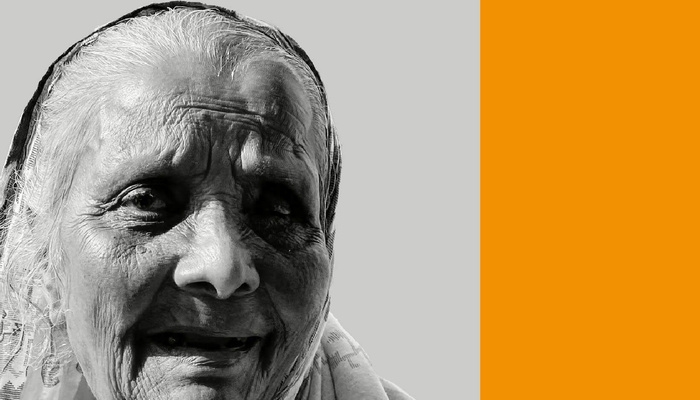

The toll of death and sufferings is unacceptable in the ground where the health care system of
Bangladesh is still grappling with inaccurate diagnosis, inappropriate or unnecessary treatment, prescription errors, inadequate or unsafe health care practices, or healthcare professionals who lack the required training and experience. Additionally, millions of households go bankrupt every year as a result of their health care expenditures. Although there has been certain improvement in quality, as seen in the increasing survival rates for various diseases (communicable and non-communicable) and health conditions, it is estimated that the poor-quality care results in trillions of dollars in annual economic and social costs due to long-term disability, impairment, and lost productivity. The good health is considered as a foundation for the human capital, hence for a low-and-middle-income country like Bangladesh, it is unaffordable to have poor quality or unsafe healthcare, especially when it disproportionately affects the poor, which is not only unethical but also unsustainable from an economic standpoint for both families and entire nations. Or it can be said that the two-bit quality of our health system in terms of addressing health care for poor - both in urban and rural gyre, including climate vulnerable and remote areas - is further increasing the burden of diseases and health care costs, not only leading towards increasing the misery of these people but also overburdening the MOHFW, and the Government in greater scenario. Nevertheless, the health care landscape-view of this compactly inhabited country in a limited area becomes even more convoluted with the effects of climate change and global warming because a large portion of the population is constantly exposed to and vulnerable to a variety of natural deathtraps. Climate variability, change, and extremes have already shown signs of climate impacts, and there are numerous evidences where experts anticipated more negative climate effects in the coming decades, taking into the low lying coastal and flood plain ecosystems of Bangladesh into consideration.
Citizen's Voice